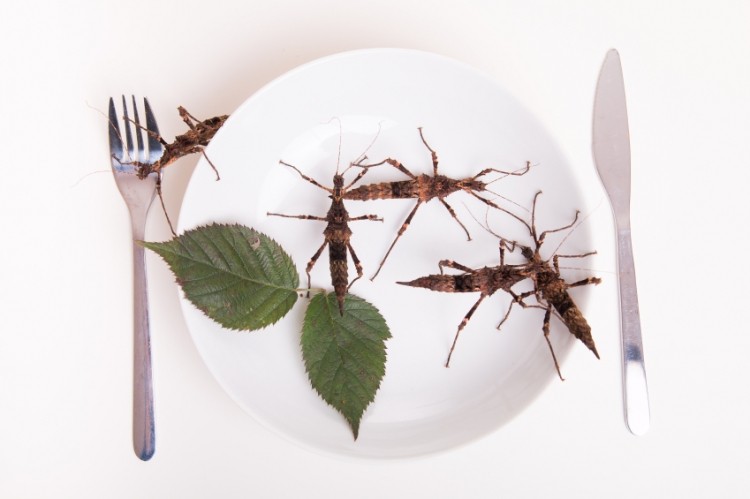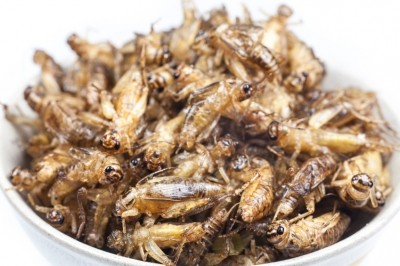Insect protein market has enthusiasm & sustainability – now it needs a business plan

The report due this summer seeks to give a snapshot of the current market in terms of products, players and both consumer and regulatory challenges. Invenire Market Intelligence aimed to raise $50,000 (€44,785) in crowdfunding for the report, which marked its first break away from regular papers commissioned by clients.
Speaking with NutraIngredients, author of the report Johanna Tanhuanpää said: “The whole edible insects industry is so new and it’s in such an embryonic state. There’s a lot of enthusiasm, there’s a lot of people who are very into edible insects or sustainability. And sometimes that just means there’s not all that much business thinking as this enthusiasm and drive to make it into something mainstream.”
Edible insects have been lauded over the past few years as a sustainable source of protein as global demand for the macronutrient increases and concerns grow over the environmental impact of traditional animal and even plant sources. While this sustainability message was important, Tanhuanpää said this gave the consumers a reason why they should buy insect products but not necessarily why they would want to eat them.
“There needs to be some kind of middle ground found and ways to make it more mainstream and not have the consumers constantly thinking about how sustainable it is and how they are eating insects all the time. Even though [sustainability is] great, consumers shouldn’t need to be thinking about it all the time.”
Who cares about sustainability but not about yuck?
According to a 2014 Canadean survey that asked 2000 UK consumers whether they would be willing to eat bugs, 65% would eat them only for the experience and only 16% were interested in eating them regularly.
Tanhuanpää said current insect consumers could be split into two groups: Those who bought them for sustainability reasons and trend-setters who bought them for the novelty factor. Neither consumer group was big enough to sustain the sector meaning a third more regular consumer group was needed. This would come with tasty products that ‘worked’ in terms of protein content, she said.
Sports nutrition would be a key area of this product development, with protein bars and snacks currently leading the way for the sector. The future could see things like cricket powder – which can contain twice as much protein as beef and 15% more iron than spinach – sold alongside alternative protein powders like pulses and algae.
She said fitness enthusiasts and sports people were one consumer group that could be “lured” to insects, although price may be an issue when compared to industrial-scale whey protein.
“If it’s a good product, if it works, I think that consumer group is one of the groups that is less concerned about or is willing to overcome the ‘yuck factor’ sooner rather than later.”
The platform has just launched but the report would go forward regardless of how much was raised. Part of the money would go to 4ento, an edible insect awareness platform. Advocacy as well as NPD was key, she said, since mainstream consumers "were just not ready yet".
Regulatory backdrop
The report would focus on marketing insect products, but it would also touch on regulatory challenges which in Europe had been somewhat inconsistent. Luxembourg banned the sale of edible insects because there was no record of significant safe consumption in the EU before 1997, meaning they were unauthorised novel foods.
Meanwhile other member states like Belgium and the Netherlands had taken a more relaxed approach with national rules.
"Currently there are no specific regulations neither in Belgium, nor in Europe, on the breeding and marketing of insects destined for human consumption. The trade of a number of insect species destined for human consumption is however tolerated in Belgium," the Belgian Scientific Committee of the Federal Agency for the Safety of the Food Chain wrote in a insect safety report last year.
An opinion on the microbiological, chemical and environmental risks associated with eating insects is expected from the European Food Safety Authority (EFSA) this July following a request from the European Commission. New pending novel food regulation could also see movement if data on safe consumption outside the EU carried more weight.
























